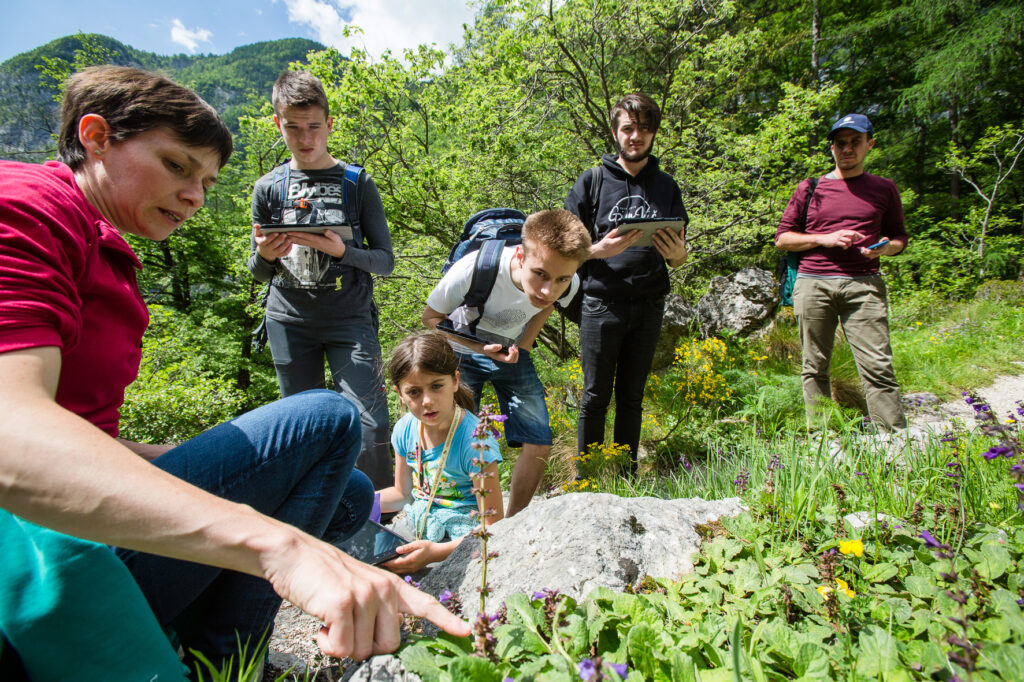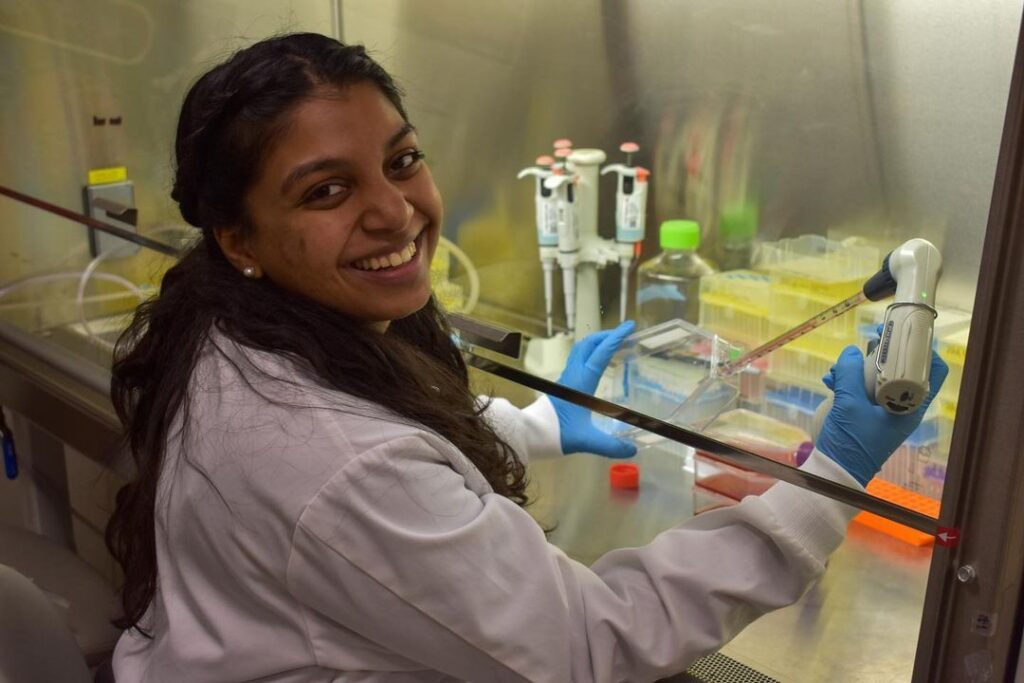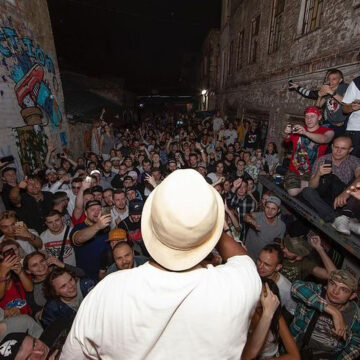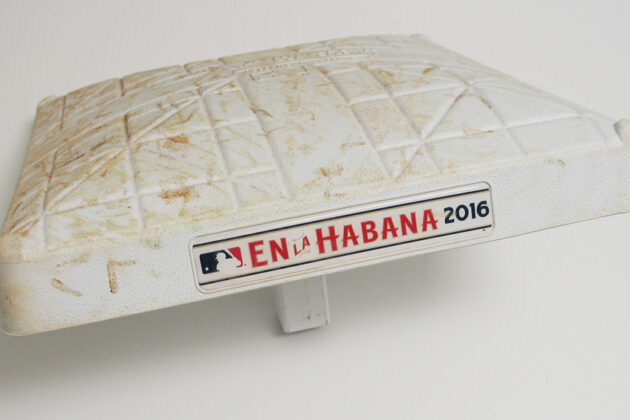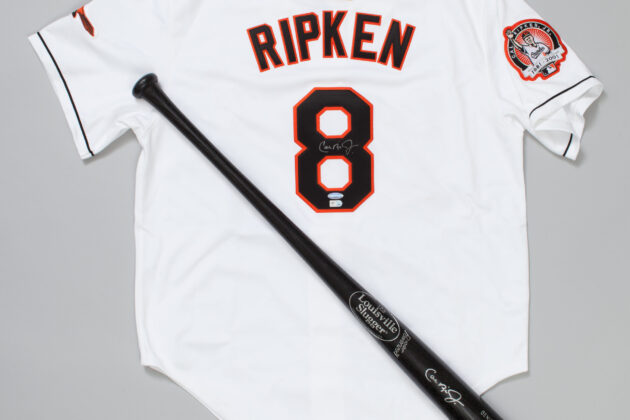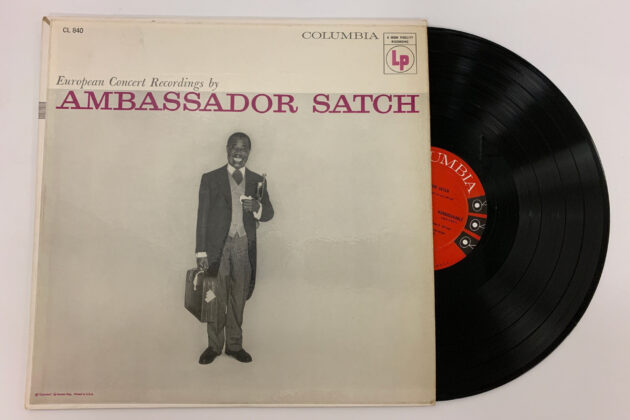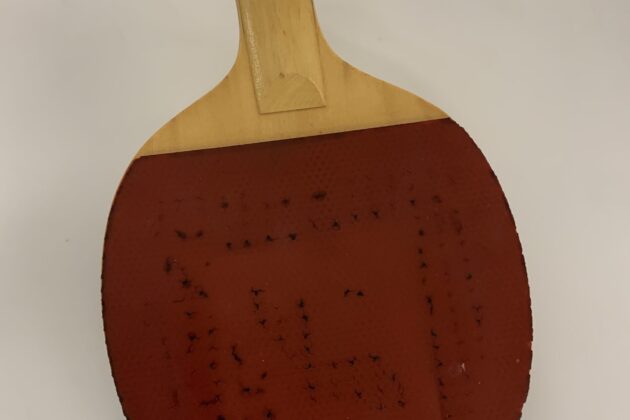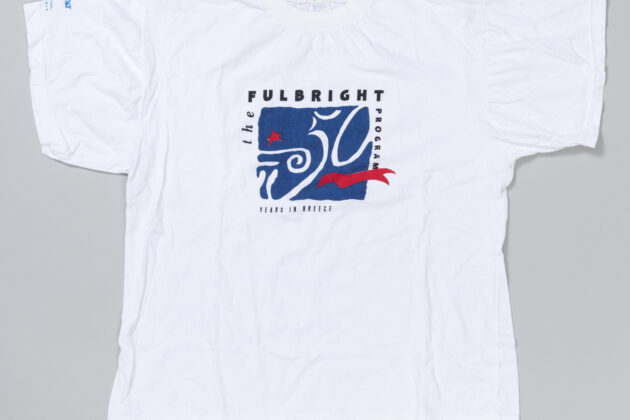Diplomats Connect People
Today’s diplomacy recognizes that relationships between countries are held together by much more than just dialogues between government officials.
American diplomats promote people-to-people exchanges that build mutual understanding and encourage long-term personal and professional ties between countries.
People-to-people exchanges offer opportunities for people to experience and learn about other countries, building connections that often last far into the future.
Sports and Cultural Exchange Programs
Could your favorite sports figures or musical artist also act as diplomat?
Cultural Diplomacy is one of the oldest forms of diplomatic exchange going back to ancient times. Today, cultural and sports diplomacy continue to play an important role in international relations allowing for people-to-people experiences that can transcend borders, cultures, and national differences. Through such activities, diplomats bring people together and often break down preconceived ideas about differences.
The power of sports and culture makes them essential parts of diplomacy. Bringing people together to enjoy (or play) a game of baseball, attend a concert, or learn something new helps people understand each other better and feel more connected. This can help them work together on shared issues and challenges.
Programs created or sponsored by the U.S. Department of State focus on interests and areas with wide appeal. There are dozens of programs focusing on sports, culture and the arts, education, and technology. Sports stars such as Michelle Kwan and Cal Ripken, Jr. have been involved in sports exchange programs.
Sports and cultural exchanges advance American values and policy priorities, such as empowering women and girls, elevating the contributions of differently-abled communities, or highlighting the talents of marginalized communities.
Educational Exchange Programs
One of the longest-running is the Fulbright U.S. Scholar Program, which sends approximately 800 American scholars and professionals every year to approximately 130 countries. The Fulbright program began in 1946 and has built lasting connections between countries and people for generations.
One of the newest is the TechCamp Program, which started in 2010. It organizes workshops that connect private sector technology experts with journalists, civil society advocates, and others to explore and apply innovative tech solutions to global issues.
“The real crucial link in international exchange is the last three feet, which is bridged by personal contact, one person talking to another.”
– Edward R. Murrow, American journalist and U.S. Information Agency Director (1961-1964)
Case Study:
Sports Diplomacy in Cuba
On July 20, 2015, the United States and Cuba resumed normal diplomatic relations, officially recognizing each other and opening embassies in each other’s capitals. The United States severed relations with Cuba in January 1961 as a result of Cuban leader Fidel Castro’s reforms and the Cuban government’s increased cooperation with the Soviet Union.
After diplomatic relations resumed, U.S. President Barack Obama visited Cuba in March 2016. As part of the visit, an exhibition game was organized in Havana between the Tampa Bay Rays and Cuba’s National Team. Obama’s visit was the first by a U.S. president in 88 years. The decision to include a baseball game as part of the events reflected a long-running love of baseball shared by both Cuba and the United States.
Speaking at a joint press conference with Cuban president Raúl Castro during the visit, President Obama noted the power of sports and culture to bond people together across borders. He stated that both countries “… [are] moving ahead with more events and exchanges that bring Cubans and Americans together as well. We all look forward to tomorrow’s matchup between the Tampa Bay Rays and the Cuban National Team.”
FROM THE COLLECTION
First Base from U.S.-Cuba Baseball Game
Cultural, Educational, and Sports Diplomacy in Photos
Sports Diplomacy
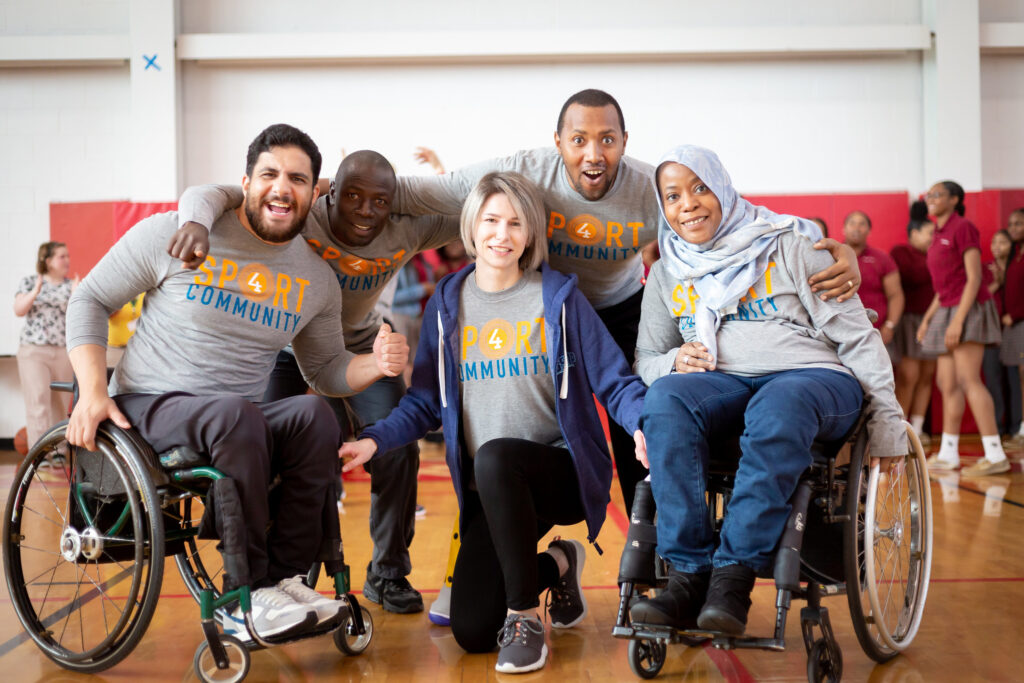
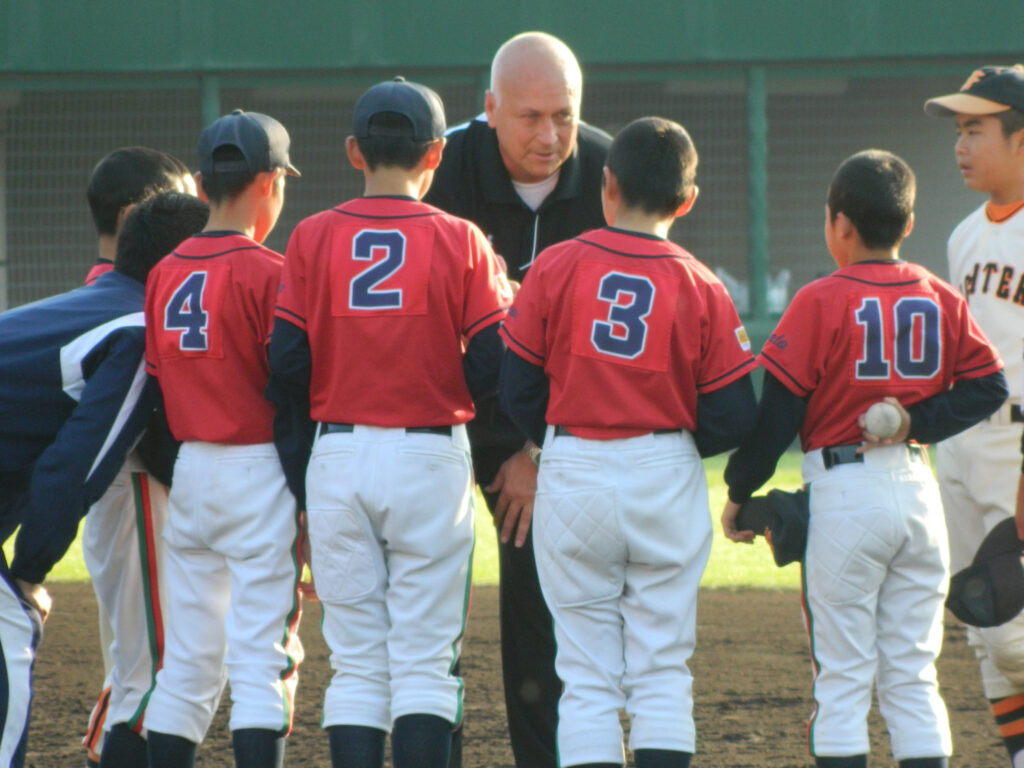
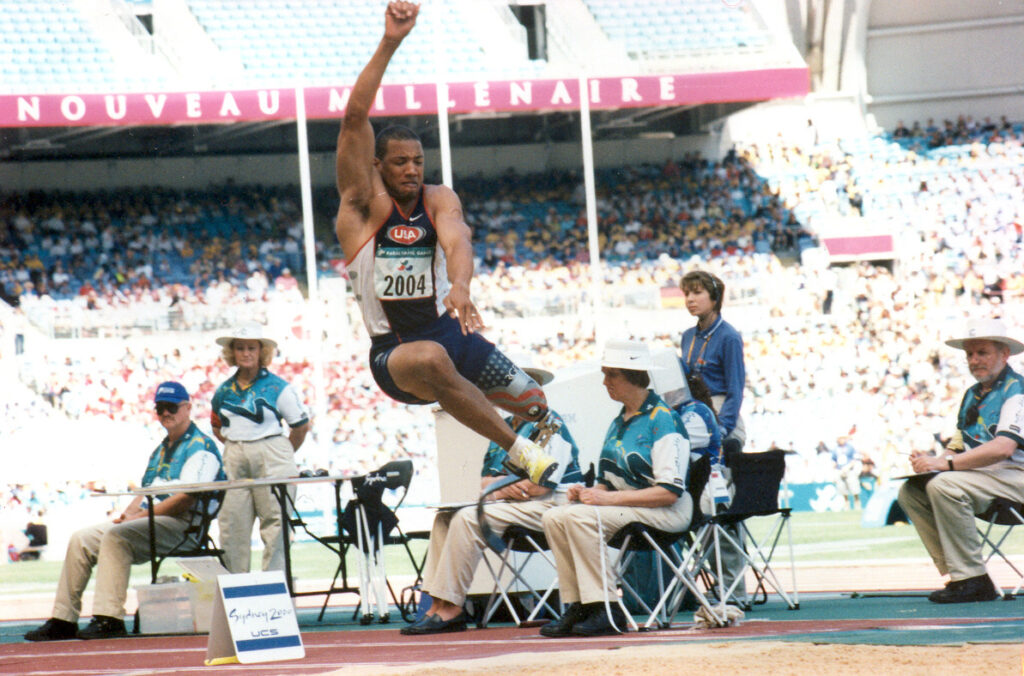
Cultural Diplomacy
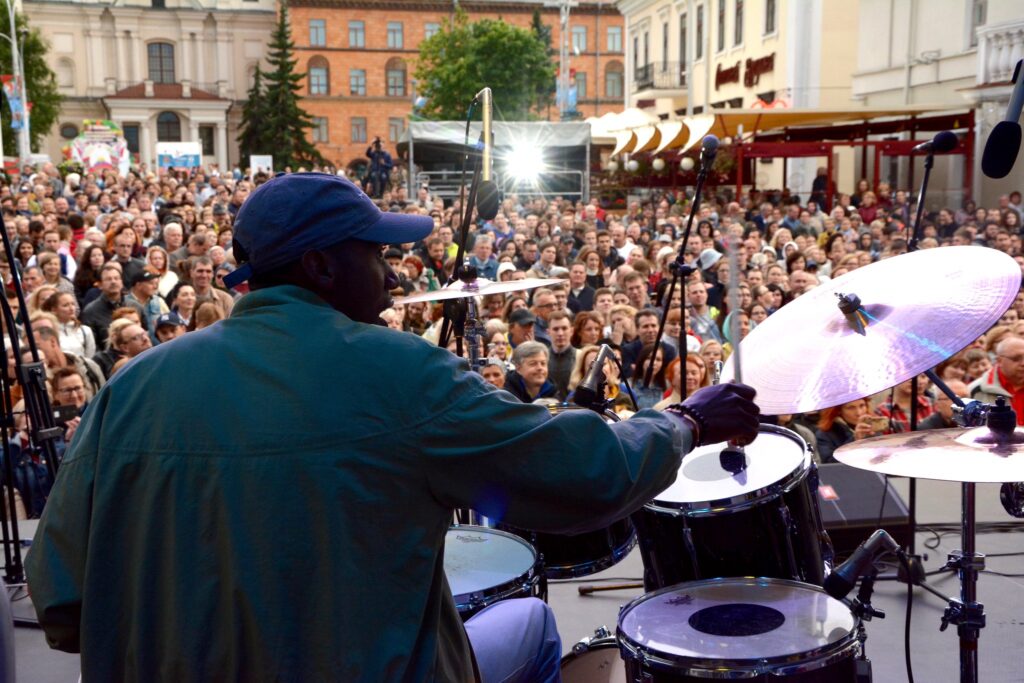
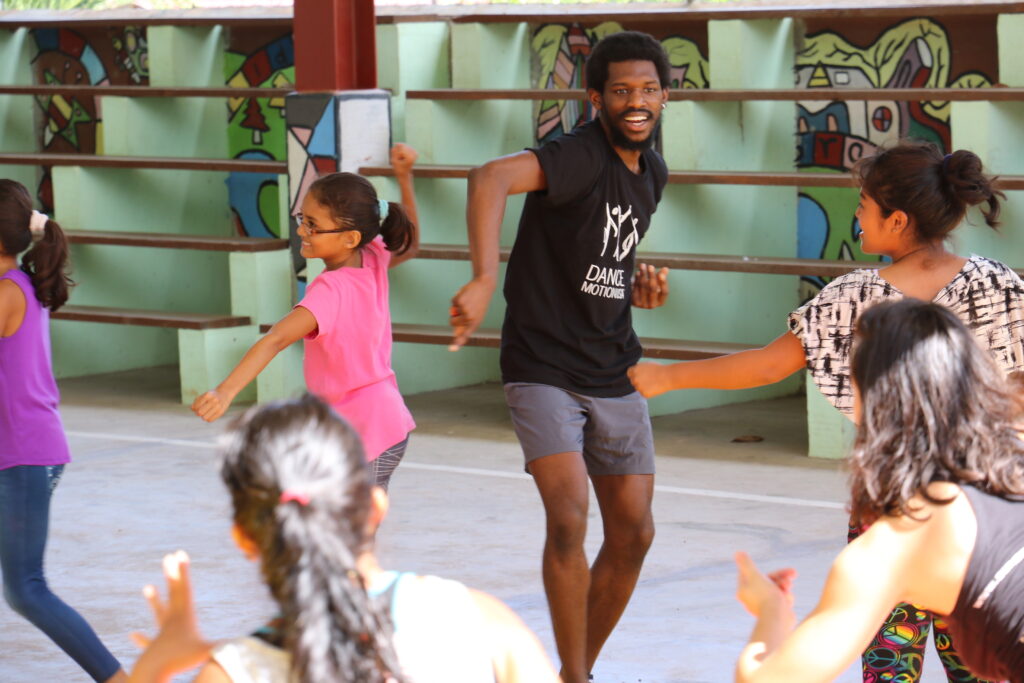
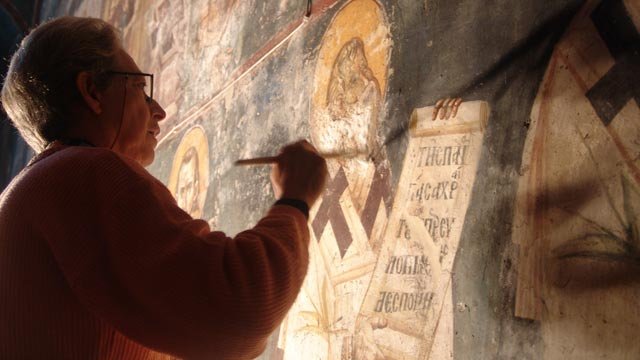
Educational Exchanges
